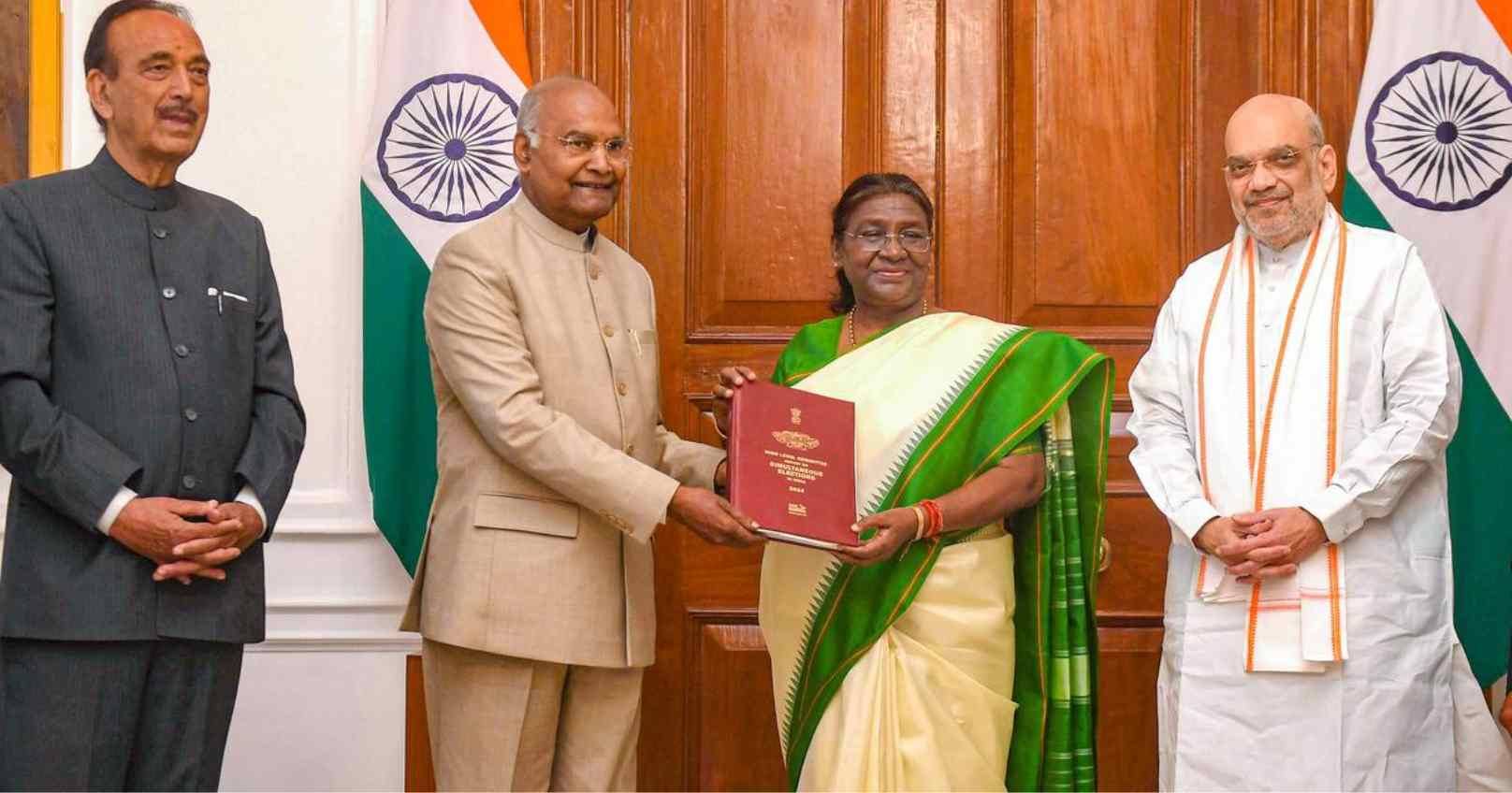In a significant move toward synchronizing national and state elections, the Union Cabinet has given its approval to the 'One Nation, One Election' initiative. The proposal is likely to be introduced in the winter session of Parliament, according to sources familiar with the matter.
This decision follows the submission of a report from a high-level committee, led by former President Ram Nath Kovind, which examined the feasibility of holding simultaneous elections across the country.
At a press briefing, Union Minister Ashwini Vaishnaw emphasized the widespread support for the proposal, particularly among younger voters. He mentioned that the plan would be implemented in two phases, with more than 80% of respondents in consultations favoring the initiative.
However, opposition parties such as Congress, AAP, and Shiv Sena (UBT) have raised concerns, arguing that the simultaneous election system may disproportionately benefit the ruling party. In contrast, some allies of the BJP, including JD(U) and Chirag Paswan's party, have endorsed the plan.
Vaishnaw also explained that a common electoral roll would be established for all elections, and an implementation group would be formed to act on the committee’s recommendations.
The BJP had promised in its election manifesto to explore the feasibility of 'One Nation, One Election.' The Kovind panel submitted its comprehensive report earlier this year, detailing the steps needed to bring this reform to life.
Home Minister Amit Shah hailed the move as a landmark decision, describing it as a step toward streamlining elections, reducing costs, and promoting economic growth through better resource allocation.
Implementation Plan
The report, spanning over 18,000 pages, recommends conducting simultaneous elections for the Lok Sabha and state Assemblies as a first step, which requires a constitutional amendment. The next phase would involve aligning local body elections with national and state polls, though this will require approval from at least half of the states.
In total, the proposal calls for 18 constitutional amendments to make simultaneous elections a reality.
Political Reactions
Prime Minister Narendra Modi has advocated for simultaneous polls, arguing that frequent elections disrupt governance and impede development. His call for ‘One Nation, One Election’ was reiterated during his Independence Day address this year.
Home Minister Amit Shah reinforced the message, stating that the reform would be implemented during the current tenure of the NDA government.
Opposition leaders, however, remain skeptical. Congress President Mallikarjun Kharge rejected the proposal, saying it undermines democratic principles. West Bengal Chief Minister Mamata Banerjee and the Aam Aadmi Party have also criticized the plan, with AAP’s Sandeep Pathak calling it a mere political gimmick.
Pathak further questioned the government's ability to implement the proposal, citing past failures to synchronize elections in certain states and warning that such a system could lead to governance issues in cases of early dissolution of state governments.







